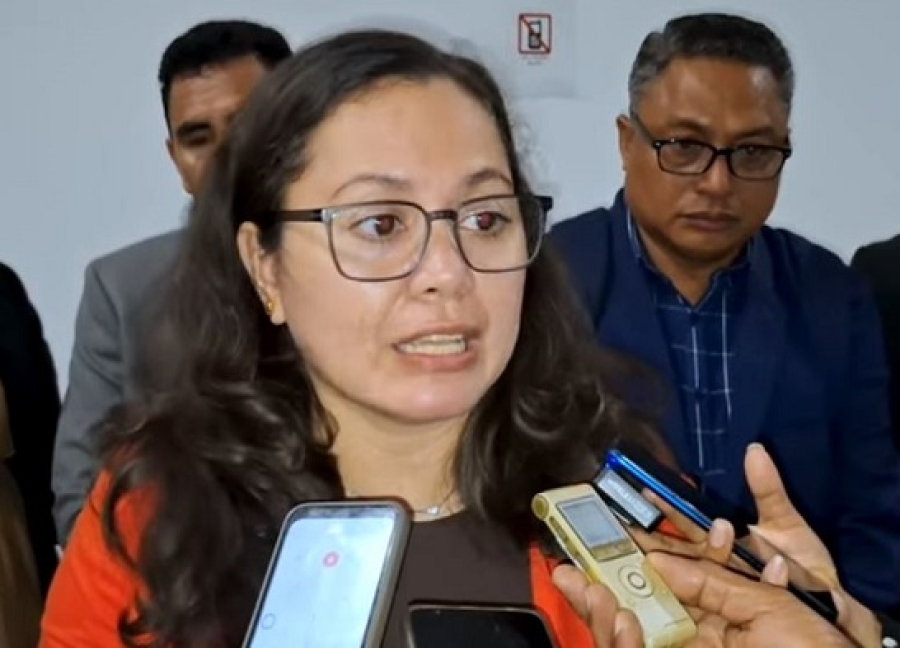Critics condemned the move as an apparent sign of the government’s growing lack of transperancy – not least with regards to Minister’s personal accountability.
The incident occurred as local media were kept out of formal general state budget talks between the President of the Republic Francsico Lu Olo Guterres and the State Advisory board earlier this week.
Juvinal Mericio Akara, the State Secretary for Social Communication, told the Independente that he had “not received any information” about the media backlash.
He said government members should direct media concerns through the State Secretary of Social Communication (SEKOMS).
According to Akara the government viewed working with local electronic and print media to convey information across Timor-Leste as integral to building a democratic country.
Daniel Santos do Carmo, the Director of Timor-Leste NGO forum (FONGTIL), told the Independente that the media had an important role to communicate facts to people each day
Carmo said government Ministers should understand that the media’s role is to convey information as it is said and that there should be no personal agenda.
However, he said, the media must conduct itself professionally.
Local media in Timor-Leste remains vulnerable to political pressure because of its reliance on government financial support in a media market with limited nongovernmental sources of paid advertising.
The 2018 World Freedom reports said: “(Timorese) Journalists are often treated with suspicion, particularly by government officials, and practice self-censorship.”







